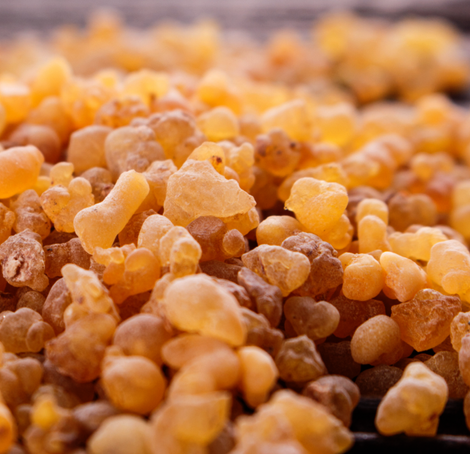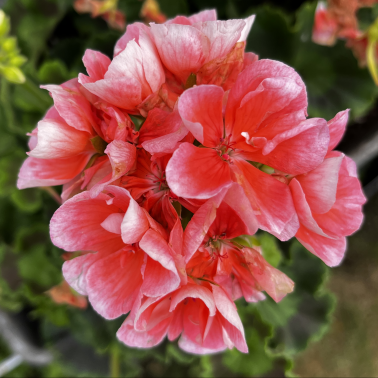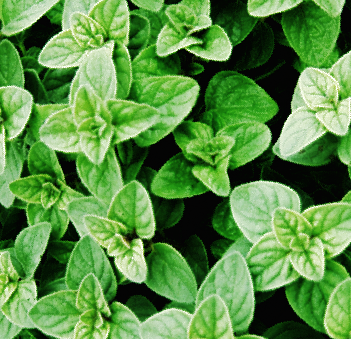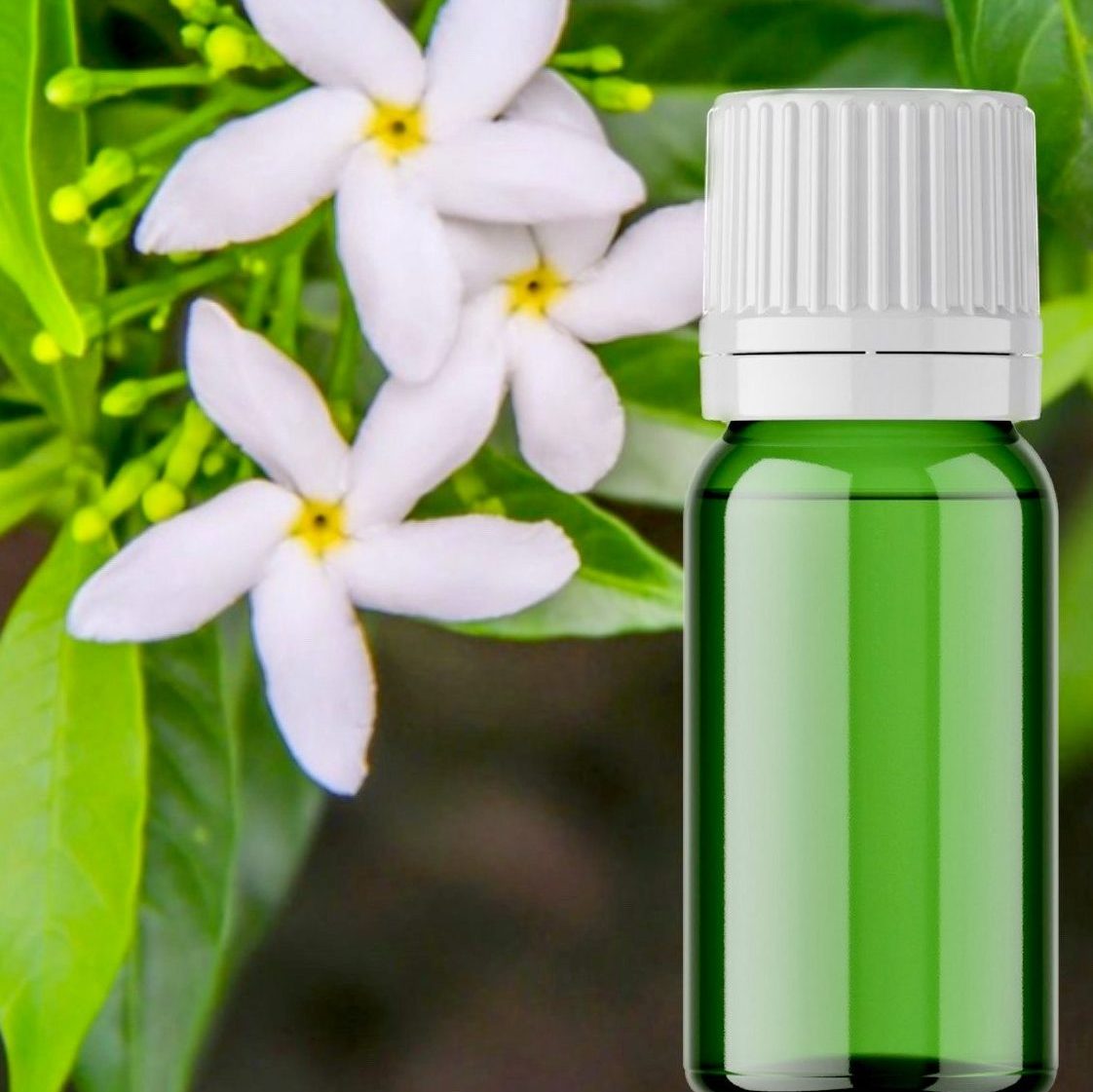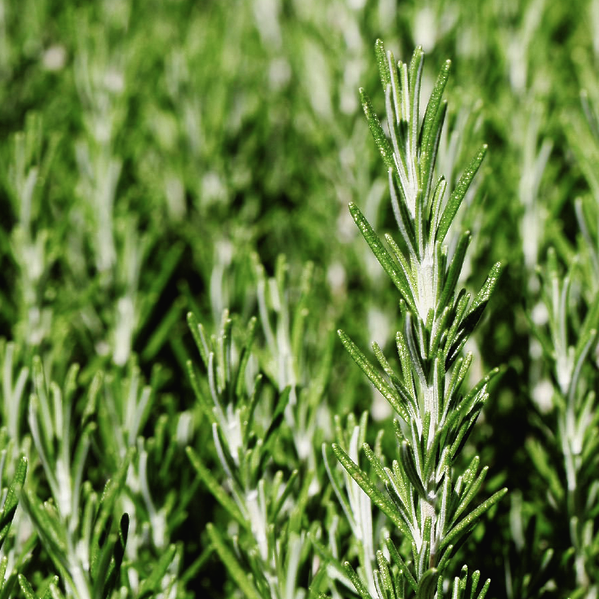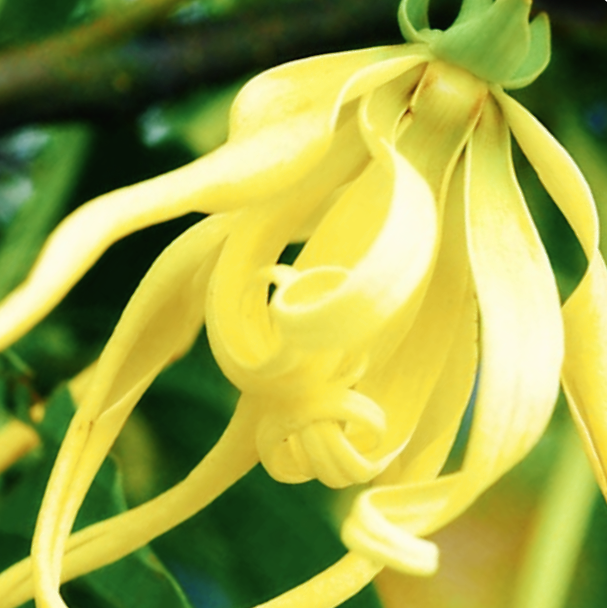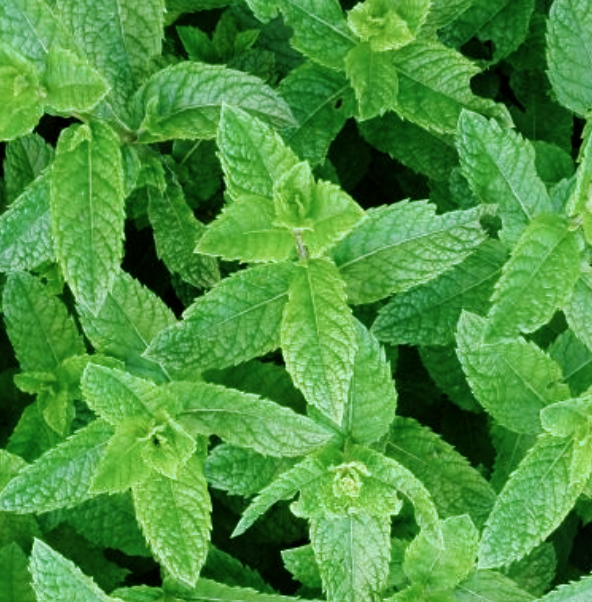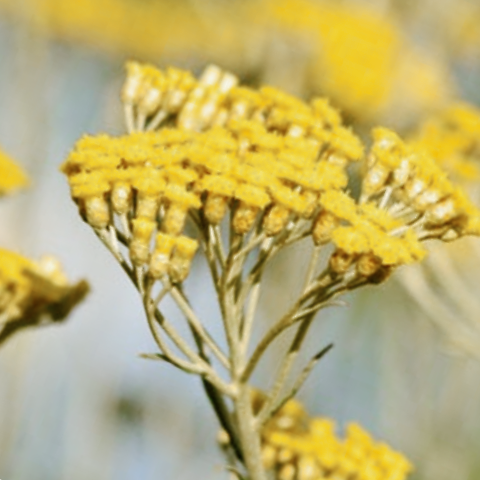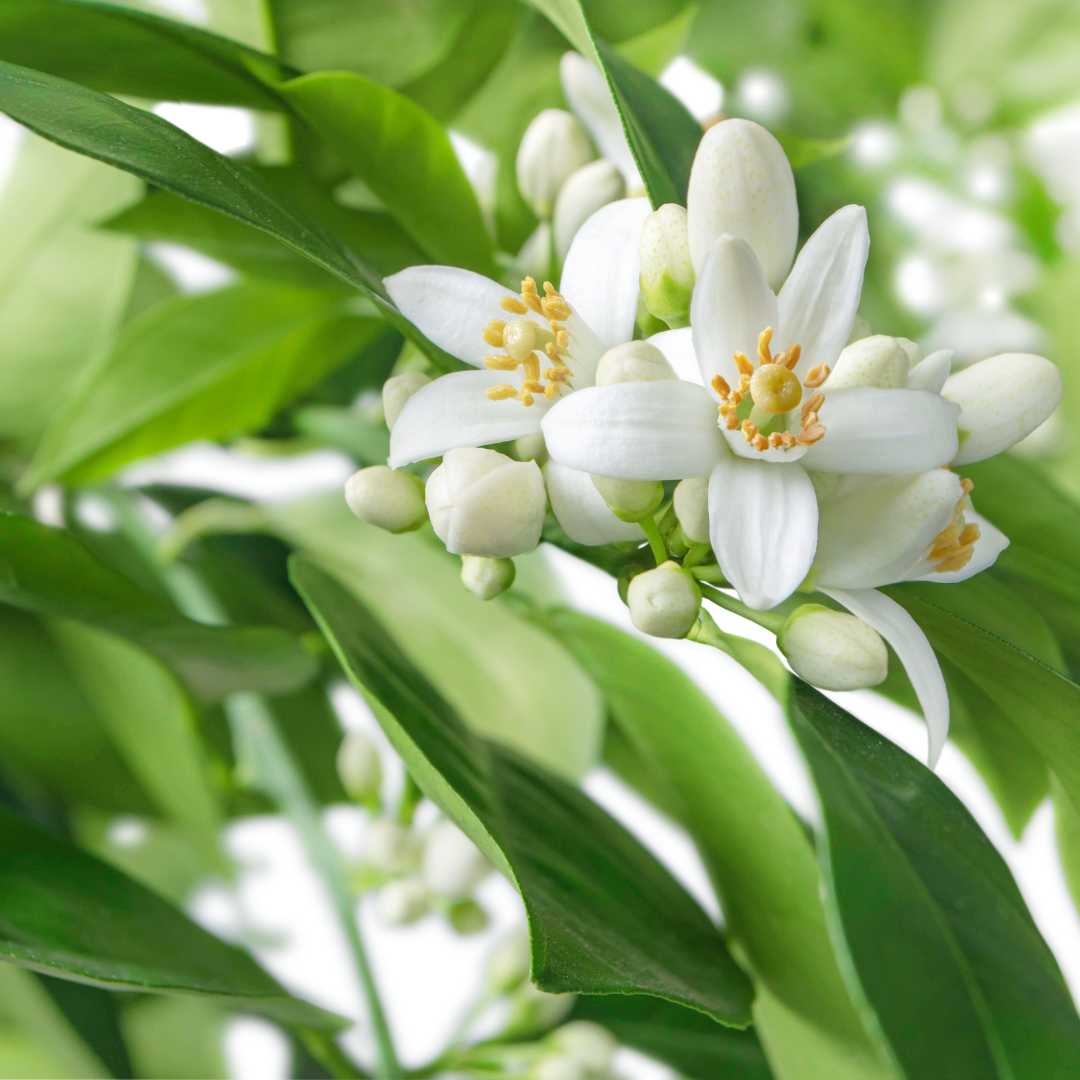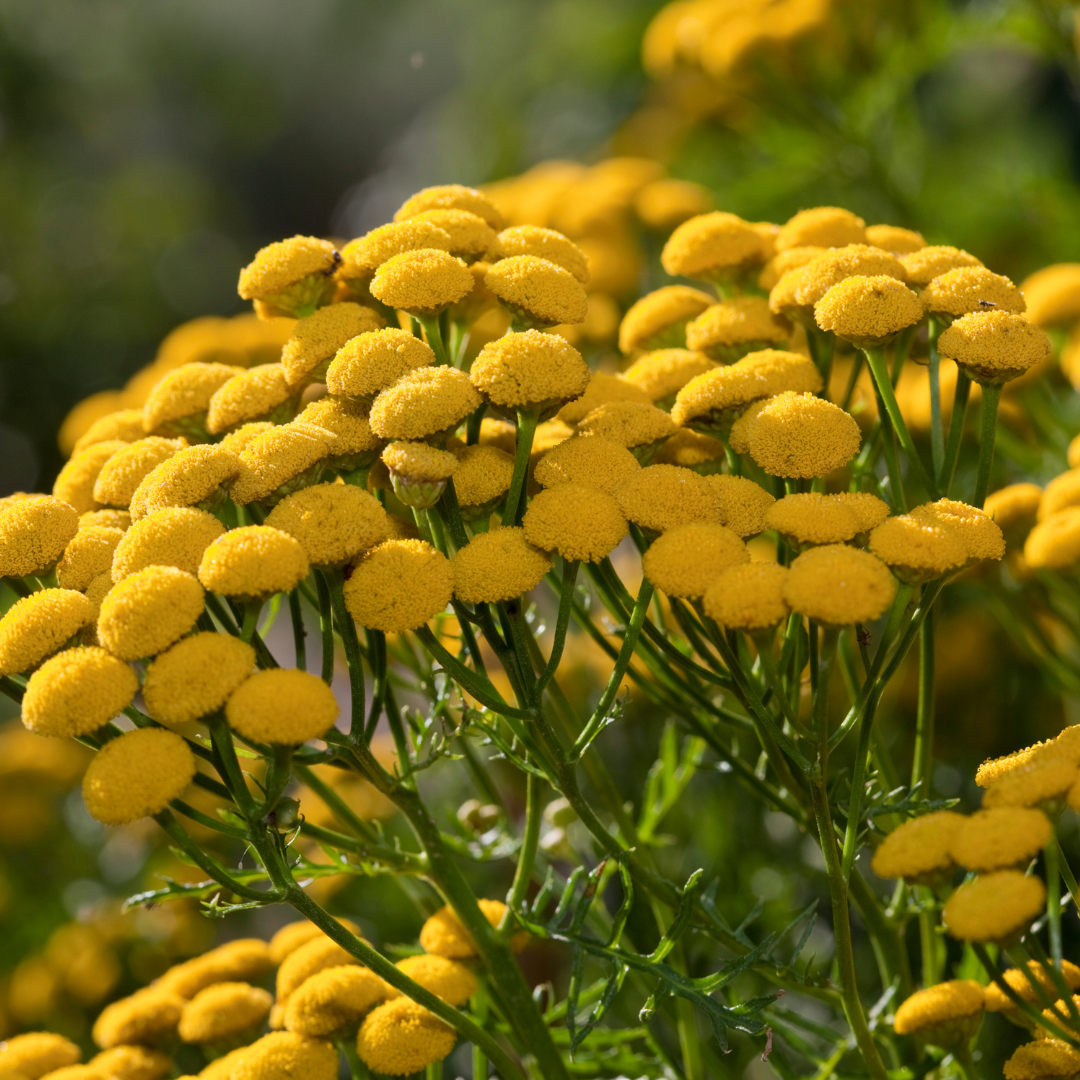
Introduction
In our modern, stress-filled world, discovering natural remedies to promote relaxation and overall well-being has become a top priority. Aromatherapy, an ancient healing practice harnessing the potency of essential oils, is gaining widespread popularity. This blog post delves into the origins, benefits, and versatile applications of aromatherapy, shedding light on its captivating and therapeutic nature.
The Origins of Aromatherapy
Aromatherapy, as it stands today, can be traced back thousands of years to civilizations such as the Egyptians, Greeks, and Chinese. These ancient cultures recognized the remarkable attributes of aromatic plants, utilizing their emotional and physical healing capabilities. Aromatics were integral to rituals, religious ceremonies, and medicinal therapies.
The term “aromatherapy” was coined in the early 20th century by French chemist Rene-Maurice Gattefosse. Gattefosse’s accidental discovery of lavender essential oil’s rapid healing properties after a burn incident ignited his passion for essential oil research. This serendipitous event spurred his exploration into the therapeutic potential of essential oils. The Science Behind Aromatherapy
Aromatherapy operates on the principle that inhaling and applying essential oils can positively influence both body and mind. Essential oils, extracted through methods like steam distillation or cold-pressing, contain potent compounds responsible for their distinctive fragrances and therapeutic effects.
Inhalation of essential oil molecules stimulates the olfactory system, directly connected to the limbic system in the brain. The limbic system governs emotions, memory, and behavior, creating a bridge between scents and emotional responses. Certain essential oils can evoke feelings of calmness, relaxation, and rejuvenation. Benefits of Aromatherapy
- Stress Reduction: Aromatherapy eases stress and anxiety by boosting the production of neurotransmitters like serotonin and dopamine, linked to happiness and relaxation.
- Improved Sleep: Lavender and chamomile, among other oils, possess sedative properties that facilitate restful sleep and combat insomnia.
- Enhanced Mood: Aromatherapy positively influences mood and emotional well-being, eliciting positive memories and emotions through scent associations.
- Pain Relief: Some essential oils have anti-inflammatory and analgesic properties, effectively reducing pain and discomfort from various conditions.
- Immune System Support: Certain essential oils boast antimicrobial and antiviral qualities, bolstering the immune system’s defenses against infections. Applications of Aromatherapy
Aromatherapy offers versatile practices tailored to individual preferences and desired outcomes:
- Inhalation: Utilize diffusers, inhalers, or simply inhale essential oils from a tissue to experience aromatherapy’s benefits.
- Topical Application: Diluted essential oils can be applied through massage, bath oils, lotions, or compresses for targeted relief and absorption.
- Aromatic Baths: Infuse a few drops of essential oils into a warm bath to create a soothing, therapeutic experience for the body and mind.
- Room Sprays: Refresh living spaces and foster a calming ambiance with aromatic room sprays. Conclusion
Aromatherapy epitomizes holistic well-being by harnessing nature’s healing powers. Integrating the potent influence of essential oils into daily routines enhances emotional equilibrium, reduces stress, and promotes overall health. Embracing the ancient art and science of aromatherapy embarks you on a journey of self-care and discovery, establishing a harmonious connection with nature’s remedies amid the bustling modern world.


